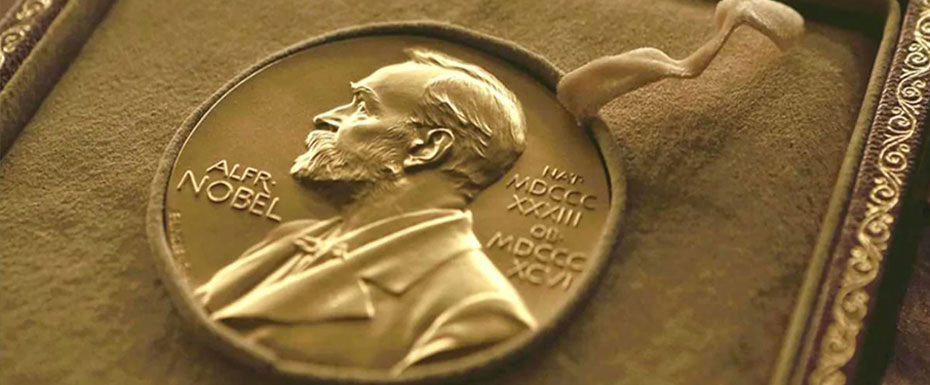
The Nobel Prize is the most prestigious prize globally, which is awarded in five nominations, one of which is literature. The best fight for the honor to be awarded, although disputes often arise over the objectivity of awarding it to one or another author.
For the average reader, choosing the next book to read is just a matter of personal taste. Be that as it may, literary works whose authors have received the Nobel Prize are a significant contribution to culture and world literature. Unfortunately, they do not always receive sufficient coverage from the general public and can very quickly sink into oblivion. To help such masterpieces catch the eye of true connoisseurs of literature, let’s take a closer look at the wonderful books of writers worthy of your attention.
John Maxwell Coetzee

Nobel laureate and winner of two Booker prizes, John Maxwell Coetzee certainly cannot be called an ordinary person, nor his literary work. He was born and raised in South Africa. Although he spent many years in London and the United States and emigrated to Australia in 2002, the writer considers himself a South African writer. His books raise issues such as human cruelty to each other and animals, social inequality, and racism. It is interesting that the author did not appear at the presentation of the Booker and Nobel Prizes, and his name remained unknown for a long time. Even after great fame came to him, Coetzee avoided interviews, preferring to communicate with the world through his work. The writer received the first of the Booker Prizes for Life & Times of Michael K in 1987, and for his work Disgrace in 1999, he was awarded the same prize for the second time; this book also won the Nobel Prize. Disgrace, as well as other Coetzee books, are distinguished by complex plots and problems, so they cannot be called easy to read.
Orhan Pamuk

Orhan Pamuk has written many bestselling books, including Black Book, My Name Is Red, White Fortress, Snow, and is one of the best-selling prose writers in Turkey. In 2006 he became the Nobel Prize Laureate in Literature and the first Turk to receive this award. Pamuk’s works combine such themes as the relationship between East and West, their culture, traditions, and religion. The books of this author are well received by both Turkish and European readers, as his work was greatly influenced by European authors.
In 2008, his novel, The Museum of Innocence, was published, and a few years later, the author established a building of the same name at the place where this book was written. There is a special melancholic atmosphere here that inspired Pamuk to write a book. The book itself combines a story about incredible love, family relationships, and Turkish traditions.
Toni Morrison

The American writer became the first African-American woman to receive the Nobel Prize and also received the prestigious Pulitzer Prize in 1988 for her novel The Beloved. It tells about a runaway black girl who fled from a plantation with her two-year-old daughter, about the grief and difficulties that she had to overcome. Over the decades, Morrison has worked to ensure that the
concerns of America’s black women are heard through her creativity. Unfortunately, in 2019 she passed away but left a considerable cultural and literary heritage in the form of eleven novels.
Jose Saramago

If you like post-apocalyptic allegorical literary works, then Blindness by the acclaimed Portuguese writer Jose Saramago will suit your taste. In 1998 he was awarded the Nobel Prize for this work, and in 2008 the film of the same name was released. The main characters of the story are a husband and wife who live in a city suddenly covered by an epidemic of blindness. All infected are sent to a special hospital, and pretending to be blind, the wife goes there with her husband.
In addition, such works of the author as the novel Memoirs of the Convent and The Stone Raft deserve attention, the second of which was also filmed. Saramago’s work is usually called “magical realism” and is identified with such famous Latin American writers as Borges and Marquez, and the author himself said that he was inspired by Cervantes.
The topic of books that win prestigious literary awards can change from year to year and at the same time be interesting both to representatives of a certain culture and readers from any corner of the world. Regardless of the authors’ origin, they often draw attention to problems that are not alien to all of humanity. The authors presented in this collection do it especially skillfully, and they have every chance of becoming your favorite writers.





